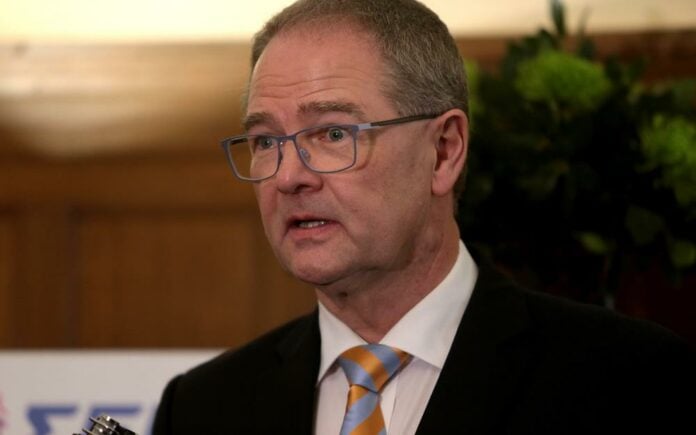By G. Kanoupakis
Labor-related costs, excluding wages, along with high lending interest rates are the primary obstacles preventing more direct foreign investments in Greece, according to the head of the EU’ Industrial Affairs Committee, Gerhard Koch.
Koch, who spoke in Athens on Tuesday at the offices of the Hellenic Federation of Enterprises (SEV) – the employers’ group that represents major companies and producers in the country – said it remains increasingly difficult to persuade would-be investors to choose a destination where “distortions” continue to plague the energy sector and social security framework.
Koch said a competitive industrial sector is a prerequisite for growth and as an ingredient in resolving many of the most serious problems faced by Greece amid the ongoing crisis. He said a competitive industrial base will create new jobs and boost GDP.
Indicatively, he said the rate for a kilowatt in Greece is roughly 30 percent higher than the average rate in the EU, and double the price imposed in the United States. Additionally, he said lending rates in Greece hover at 7 percent, when 2 to 3 percent is the average rate in the European Union.
“At long as this gap exists, it is difficult for someone to invest in Greece and to be competitive,” he said.














